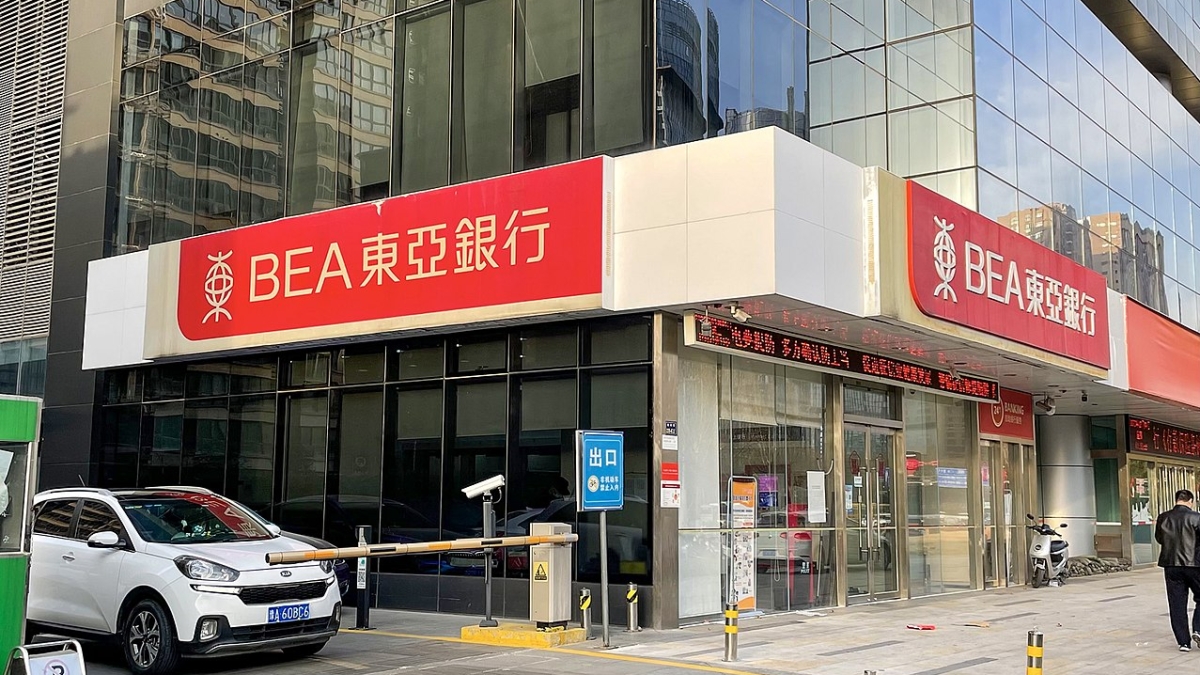 Photo by Windmemories via Wikimedia Commons. Apart from cropping of photo, no other edits were made.
Photo by Windmemories via Wikimedia Commons. Apart from cropping of photo, no other edits were made.
Hong Kong’s BEA expected to withstand asset quality strain in 2024: analyst
BEA’s reduced exposure to China’s commercial real estate sector is a positive.
Hong Kong’s Bank of East Asia (BEA) should be able to withstand asset quality strain in 2024 thanks to its adequate capitalisation and reduction of China commercial real estate (CRE) exposure, reports S&P Global Ratings.
The new year dawns with continued weakness in the property sector and slowing economic growth in key markets Hong Kong and mainland China, the ratings agency noted.
BEA, meanwhile, is expected to continue prioritising credit risk management by lowering exposure to CRE in the mainland and strengthening underwriting standards. In 2023, BEA wrote down HK$4.8b of its property-related loans, mostly in mainland China, that was weighing on its profitability.
Mainland CRE loans accounted for 7% of the group’s total loans as of end-2023, versus 9% as of end-2022, S&P noted.
ALSO READ: Hong Kong’s BEA reports 5.5% lower profit in 2023
“We believe BEA's asset quality and credit costs will remain under pressure over the next two years. This is because the group has a sizable exposure to property development and investment loans. These accounted for about 30% of total loans at end-2023,” S&P wrote in its report.
Furthermore, the effectiveness of mainland China's property stimulus policies is uncertain, and demand in Hong Kong's property market is weakening, S&P said.
However, “BEA should sustain adequate capital buffers over the next two years, underpinned by controlled asset growth,” it added, noting that the group's tier-1 capital ratio increased to 19.4% as of end-2023, from 17.7% a year earlier, mainly due to an about 3% reduction in its loan book.
“We expect the group's net interest margin to decline modestly as interest rates in Hong Kong could decline in 2024,” S&P said.
ALSO READ: BEA rebrands, upgrades digital services and bank branches
The group's nonperforming assets ratio rose to about 2.9% at end-2023 from about 2.7% a year ago. This is higher than S&P’s estimate of 1.6% for Hong Kong's banking industry.






















 Advertise
Advertise






